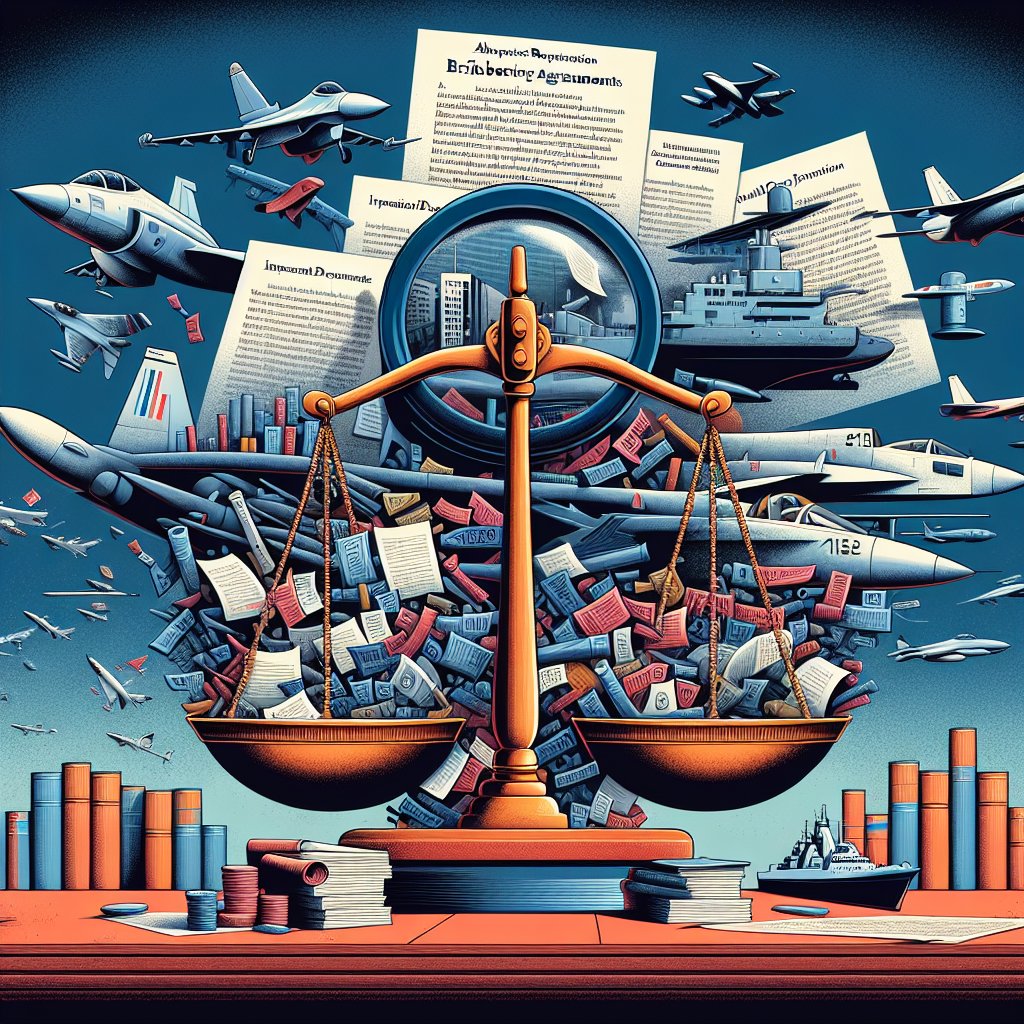Content created by AI
Prominent ANC Member Embroiled in Multi-Million Rand Arms Deal Bribery Allegation
In a significant development that may have profound implications on South Africa's political and defense procurement landscape, Tony Yengeni, a celebrated member of the African National Congress (ANC) and an influential figure in the country's defense committee in the mid-'90s, is reportedly implicated in a multi-million rand bribery scandal. According to German investigators, an agreement promising Yengeni R6 million was unearthed during a raid on ThyssenKrupp, a German industrial conglomerate.
This discovery not only challenges the 2001 joint investigation team's conclusion that only subcontracts were affected by corruption but also poses the risk of annulling the vast arms transactions that South Africa entered into two decades ago. The contracts involved the provision of jets, corvettes, submarines, and helicopters.
As new evidence mounts, the Seriti Commission, poised to commence public hearings come August, is expected to be confronted with complex and incriminating materials, potentially altering the defense procurement narrative. In the past, the Mail & Guardian exposed dubious payments amounting to roughly R200 million by BAE Systems to Fana Hlongwane, and reports of a $3 million bribe agreement between Thyssen and Chippy Shaik was also published.
Notably, these allegations of impropriety are separate from Yengeni's earlier fraudulent affair, where a luxury vehicle discount cover-up led to his brief incarceration in 2006. German tax authorities flagged suspicious transactions linked to the South African arms deal in 2006, prompting a raid on ThyssenKrupp's headquarters. Investigators claim to have found a signed agreement between Yengeni and Christoph Hoenings of Thyssen Rheinstahl Technik—allegedly assuring Yengeni R6-million upon the successful selling of corvettes to South Africa.
This revelation includes documents indicating that meetings between Yengeni, Hoenings, and Tony Georgiadis—a magnate with historic ties to the ANC—corroborate that the bribery scheme was likely executed. Despite these findings, German authorities abandoned their investigation, citing difficulties in proving continuous corrupt practice post the prohibition of foreign bribery in Germany.
This raises further doubts especially when concerning Yengeni's subsequent involvement in defense reviews despite his conviction. Defence minister at the time, Lindiwe Sisulu, defended her decision to appoint him to a new defense review committee asserting that Yengeni's previous penalty served was sufficient penance, and touted his previous experience in defense review engagements.
In light of these grave allegations, the Seriti Commission and its pending public hearings are expected to be a pivotal juncture in unearthing the truth behind South Africa's infamous arms deal saga. The spotlight now sternly gazes upon the commission's capability to procure the evidence from German authorities and navigate the ostensibly entrenched layers of corruption within the nation's historic arms acquisitions.
#GOOGLE_AD










